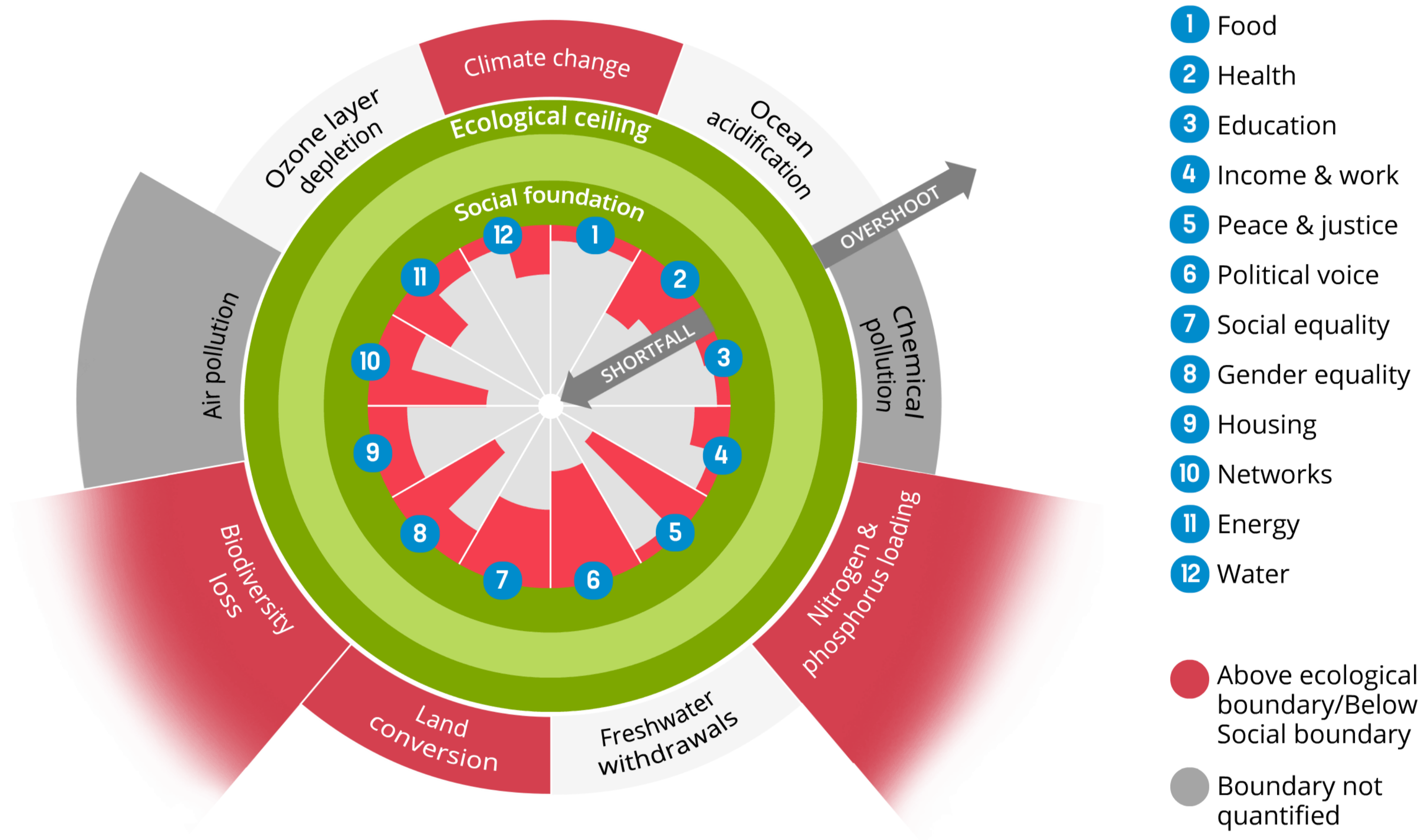One of the main objective of the CID is to increase the visibility of sustainability related UNIL research and researchers. This involves:
The establishment of a complete listing of all researchers, theses, publications, projects and courses that cover sustainability.
The creation of written and video content to increase the visibility of research and educational work.
Communicate with a large CID community, notably including researchers, administrations, businesses, organisations and citizens.
400
The number of UNIL researchers who worked on issues involving sustainability in 2020
2UNITE
The CID’s second action aims to unite all researchers, teaching staff, students and social figures around the subject of sustainability. To achieve this, it will organise:
Events for the CID community and/or the general public
Events on the subject of sustainability aimed at the research community.
3 annual events are planned:
A meet up
Where researchers will have the chance to present their research and exchange amongst themselves
A debate
Organised around considerations concerning sustainability research
An invitation
Allowing a well-known speaker to come and talk about their work
3EXCHANGE
The CID also has the objective of promoting the exchange of knowledge. To achieve this, it:
Encourages exchanges between the UNIL faculties, the University and the general public (contact with the media, scientific findings presented to the general public or field operators in an understandable way, projects with administrations and private sector organisations, education and scientific mediation)
Allow field operators to communicate their needs and knowledge they have gathered on sustainability to UNIL researchers (presentations and talks to researchers, field operator partner involvement in research projects)
